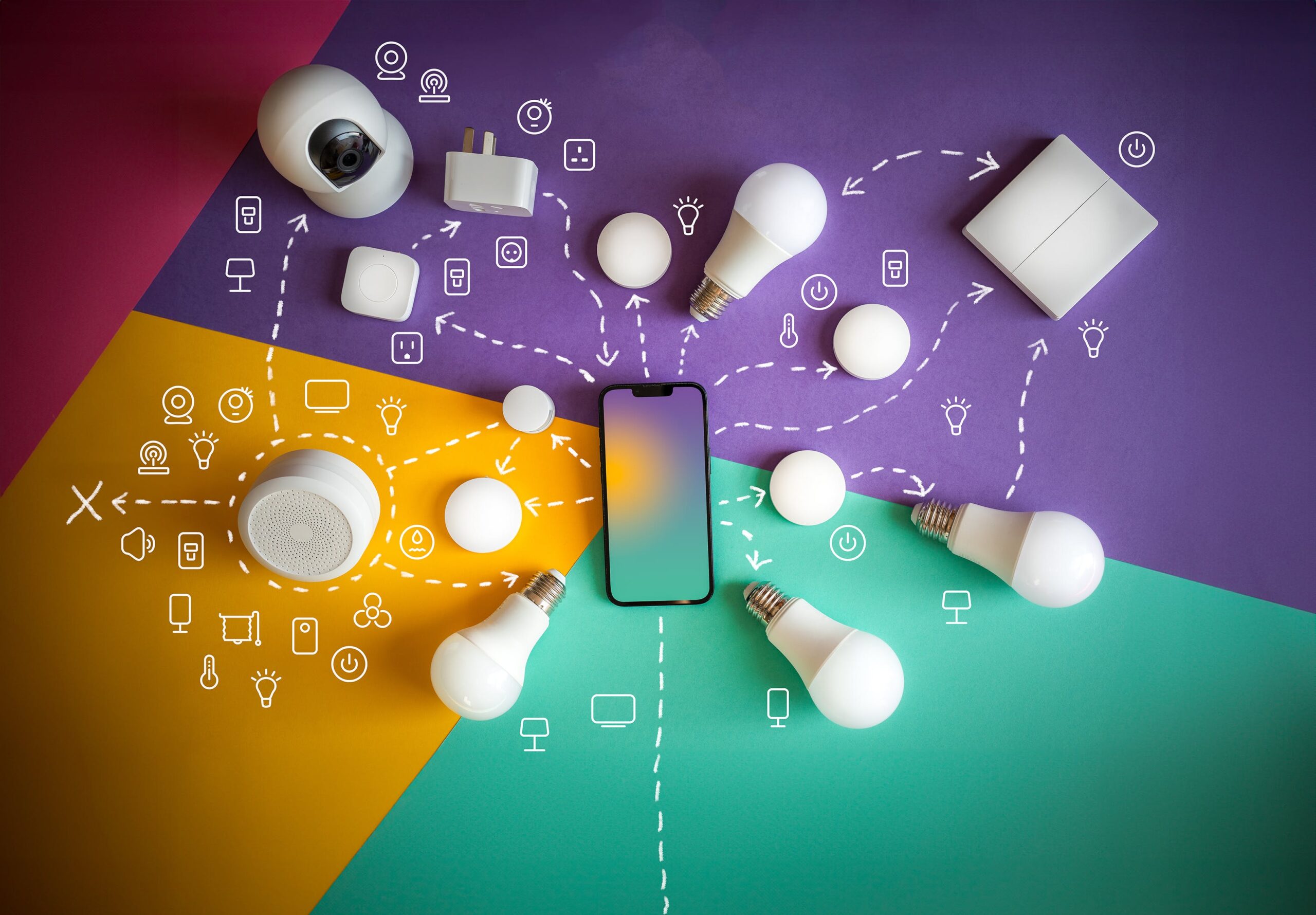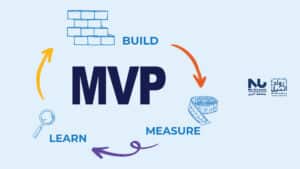IoT has emerged as a technological powerhouse, reshaping the landscape of various industries and revolutionizing the way businesses operate.
As explained in our previous article, The Internet of Things (IoT) refers to the interconnected network of devices that communicate and share data seamlessly, enabling a new era of efficiency and innovation. This connectivity enables businesses to make informed decisions, enhance efficiency, and create new opportunities for growth and revenue.
Let’s explore the Impact of IoT on businesses:
IoT in Manufacturing
The manufacturing sector has embraced IoT to optimize production processes, reduce downtime, and enhance overall efficiency. Smart sensors embedded in machinery monitor performance, detect issues in real-time and even predict maintenance needs. This proactive approach minimizes disruptions, improves product quality, and ultimately increases the bottom line.
Example: Siemens company is leveraging IoT to monitor machinery in real-time, predict maintenance needs, and optimize production processes.
IoT in Healthcare
In healthcare, IoT has paved the way for innovative solutions that improve patient care and streamline operations. Wearable devices and health monitoring sensors allow for continuous patient monitoring, enabling healthcare professionals to gather real-time data on vital signs and intervene promptly. Additionally, IoT solutions for businesses facilitate the management of medical equipment, tracking inventory, and ensuring compliance with safety standards.
Example: Apple Watch and Fitbit enable continuous health monitoring.
IoT in Agriculture
The agricultural industry has witnessed a digital revolution by integrating IoT. Smart farming solutions leverage sensors, drones, and data analytics to monitor crop conditions, soil health, and weather patterns. This data-driven approach empowers farmers to make informed decisions, optimize resource utilization, and enhance crop yields while minimizing environmental impact.
Example: John Deere company implements IoT solutions to monitor soil conditions, crop health, and weather patterns.
IoT in Retail
IoT has redefined the retail experience, creating a seamless and personalized shopping journey. Smart shelves equipped with sensors track inventory levels in real time, reducing out-of-stock situations and improving supply chain management. Retailers also utilize IoT to gather customer data, enabling them to offer personalized recommendations and enhance customer engagement.
Example: Beacon technology is used to send personalized promotions to customers’ smartphones as they navigate through the store, creating a more engaging shopping experience
IoT in Logistics and Supply Chain
Efficient logistics and supply chain management are critical for businesses, and IoT plays a pivotal role in optimizing these processes. Tracking devices, RFID tags, and sensors provide real-time visibility into the movement of goods, helping businesses monitor shipments, reduce delays, and improve overall supply chain efficiency. This transparency is essential for meeting customer expectations and ensuring timely deliveries.
Example: FedEx utilizes IoT-enabled tracking devices to monitor the location and condition of shipments in real-time.
IoT in Energy Management
IoT is instrumental in optimizing energy consumption and promoting sustainability. Smart grids and connected devices enable real-time monitoring of energy usage, helping businesses identify opportunities for efficiency improvements. IoT also facilitates the integration of renewable energy sources, contributing to a greener and more sustainable future.
Example: Smart meters and sensors enable utilities to monitor energy consumption patterns, identify inefficiencies, and optimize distribution grids.
IoT in Smart Cities
IoT has paved the way for the development of smart cities. Connected infrastructure, including smart lighting, traffic management systems, waste management, and public transportation, optimizes resource utilization and enhances the quality of life for residents. Real-time data collection helps city planners make informed decisions to improve efficiency and sustainability.
Example: Barcelona city employs IoT sensors for smart parking, waste management, and energy-efficient street lighting.
Looking ahead, the future of IoT applications across industries seems promising. Advancements in AI, edge computing, and 5G technology will further enhance the capabilities of IoT devices, leading to more sophisticated solutions and widespread adoption. As businesses continue to harness the power of IoT, innovation, and optimization across industries will undoubtedly thrive, shaping a more interconnected and efficient future.




